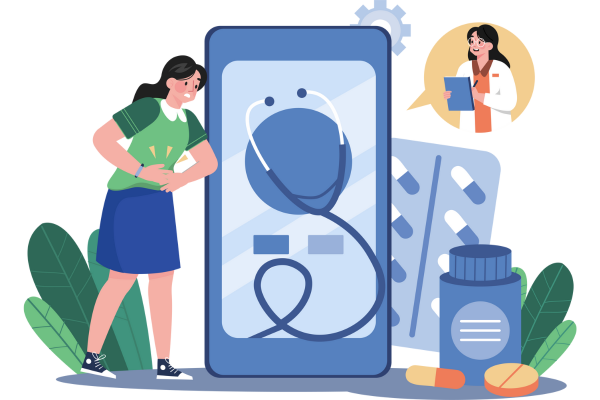Unleashing the AI Revolution: Healthcare Industries
Category: AI Revolution
Introduction:
Artificial intelligence (AI) is at the forefront of changing industries in the quickly changing technological landscape, and the healthcare sector is no exception. Not only is the incorporation of AI into healthcare systems a fact of the present, but it is also a revolutionary notion that is transforming patient care, diagnosis, treatment planning, and operational efficiency. The AI revolution in healthcare promises to expand the scope of medicine and improve people's quality of life everywhere as we approach a new era.
The Power of AI in Healthcare:
AI has a wide range of applications in healthcare, from robotic surgery to predictive analytics. Artificial Intelligence possesses immense promise due to its capacity to analyse large volumes of data, recognise patterns, and arrive at well-informed conclusions at speeds and precisions that surpass human comprehension. Here are a few important domains where AI is having a big influence:
Enhanced Diagnostics:
AI-driven diagnostic instruments are revolutionizing early illness identification and diagnosis, outperforming human radiologists in detecting early disease indicators like cancer, diabetic retinopathy, and cardiovascular disorders.
Personalized Treatment Plans:
AI aids in precision medicine by tailoring treatments based on patient genetics, lifestyle, and medical history, maximizing effectiveness and minimizing adverse effects.
Drug Discovery and Development:
AI accelerates drug discovery by analyzing data to predict drug efficacy, reducing time and cost, especially in vaccine and treatment development during global health crises. etc.
The Future of AI in Healthcare
AI is revolutionizing healthcare by developing new treatments, improving patient outcomes, and making healthcare more accessible and affordable while collaborating with human healthcare providers.
Conclusion:
The AI revolution in healthcare offers significant opportunities for improved patient care, operational efficiency, and medical research, but ethical considerations are crucial for a healthier, more equitable world.
